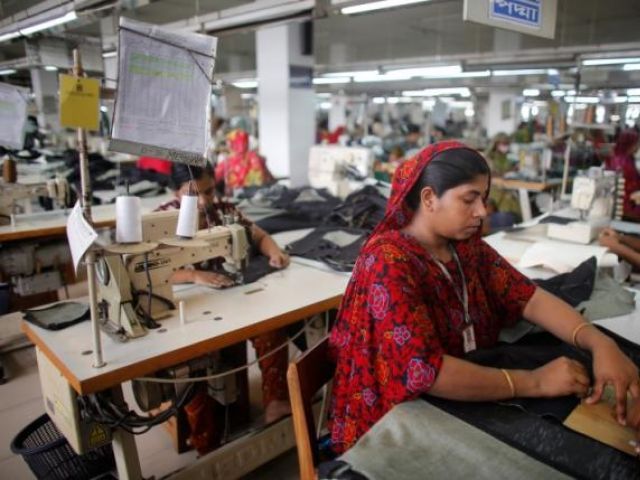
In a bid to sensitise and engage parliamentarians in a way that they become custodians of the rights of the informal workforce, a two-day multi-stakeholder dialogue on “Women in the informal economy: recognising the invisible hands” was held in Nathiagali earlier in the week.
It was also an opportunity to review the performance of Women’s Parliamentary Caucus regarding its efforts for the betterment of women workers in the informal sector, especially the domestic workers.
The participants also explored the legislative and non-legislative avenues to work for the rights of the informal workforce and discussed how parliamentarians can make a difference in this context.
International Labour Organisation (ILO)’s Gender Equality for Decent Employment (GE4DE) Project Head Munawar Sultana said that around 73 per cent of Pakistani workforce was employed in the informal economy, a growing part of which were women who were engaged in low paid and low status jobs with little or no growth at all.
The home-based workers and the domestic workers, she said, were two of the most underprivileged groups in the informal sector that had continued to suffer in the absence of elaborate policies.
“Against this backdrop, the project has engaged a proactive and committed group of parliamentarians, who can voice the issues and suggest actions in the parliament,” she added.
HomeNet Pakistan Executive Director Ume Laila Azhar gave a presentation on the status of home-based workers, their working conditions, and the need for legislation to cover them under labour laws and security cover.
MNA Shaza Fatima Khawaja shared the draft bill of the Punjab law on domestic workers, with the participants.
MNA Shehryar Afridi thanked the organisers for engaging parliamentarians in the dialogue and said it was the right time to press for the rights of the workers who were exploited with impunity.
“The contractual system is a menace that leaves too little with the workers whereas the contractors walk away with the lion’s share of the workers’ wages,” he said adding that the contributions for social welfare, health cover etc shall be paid by the employers who exploit the workers.
Pakistan Workers Federation Chairperson Waqar Memon spoke about the situation of women workers in the agriculture sector and fishing.
He said that those women were working in very unhygienic and hazardous environment without availability of first aid.
“They are not entitled to get any benefits like social security cover, old age pension, grants from Workers Welfare Fund etc,” Memon said.
Published in The Express Tribune, May 30th, 2016.

1722586547-0/Untitled-design-(73)1722586547-0-165x106.webp)


1732326457-0/prime-(1)1732326457-0-165x106.webp)




1724249382-0/Untitled-(640-x-480-px)1724249382-0-270x192.webp)







COMMENTS
Comments are moderated and generally will be posted if they are on-topic and not abusive.
For more information, please see our Comments FAQ